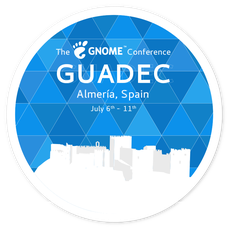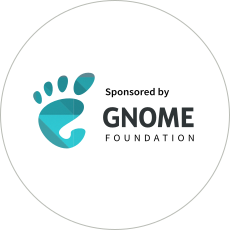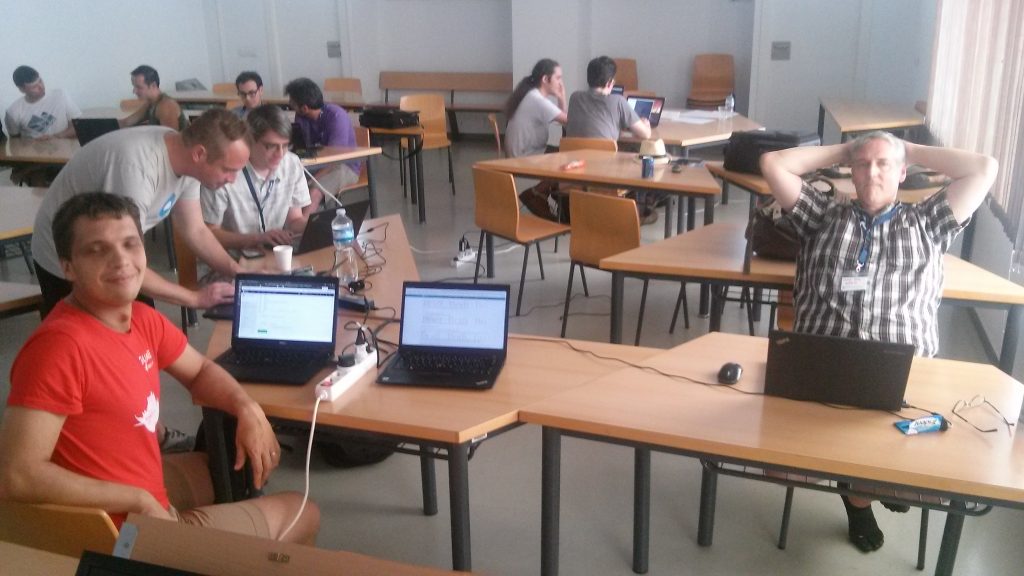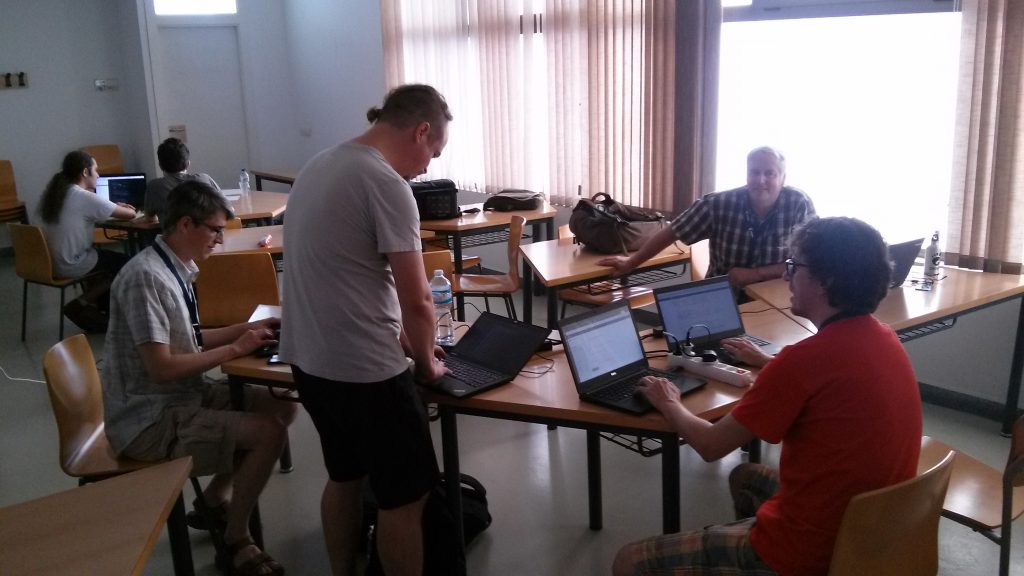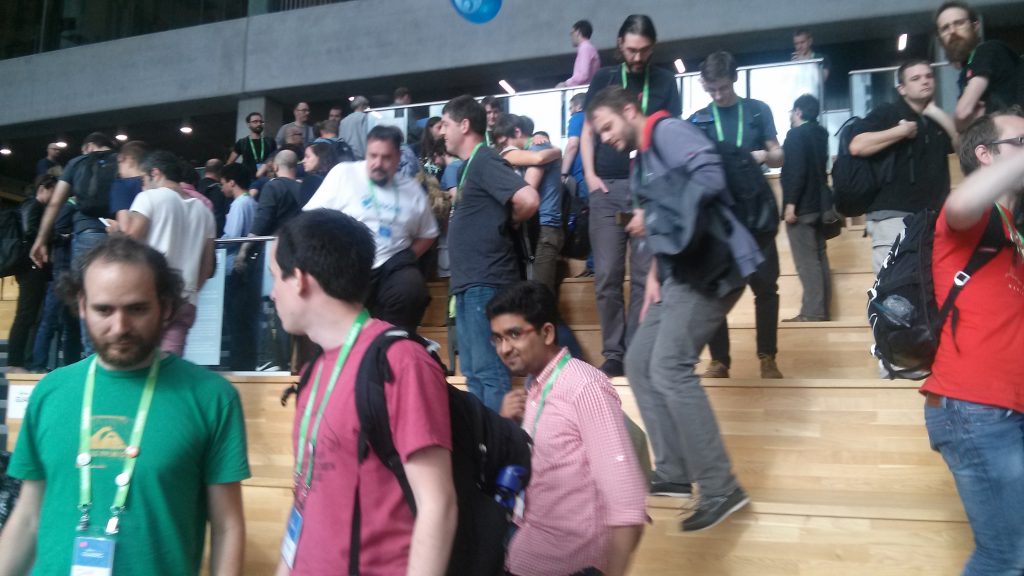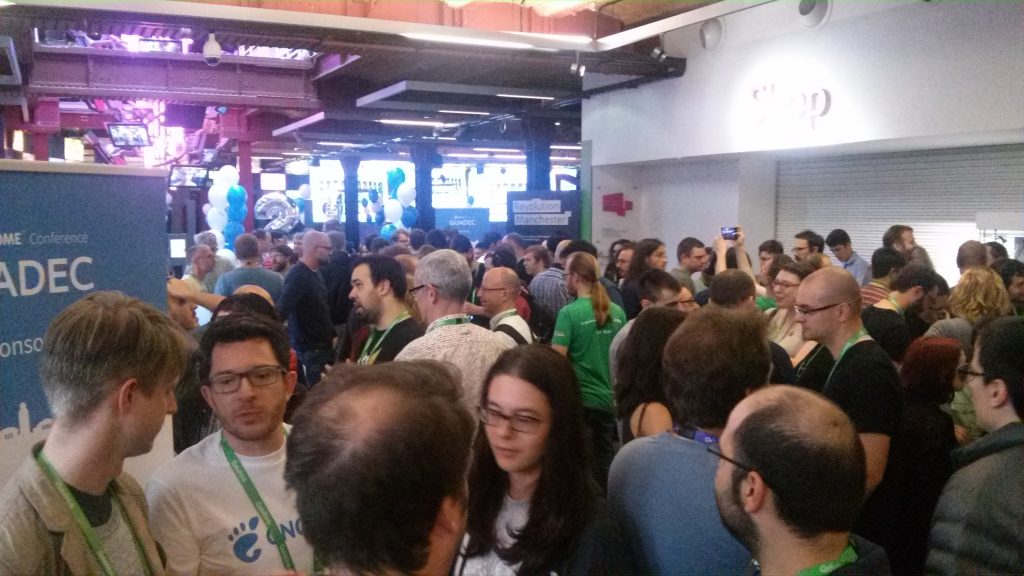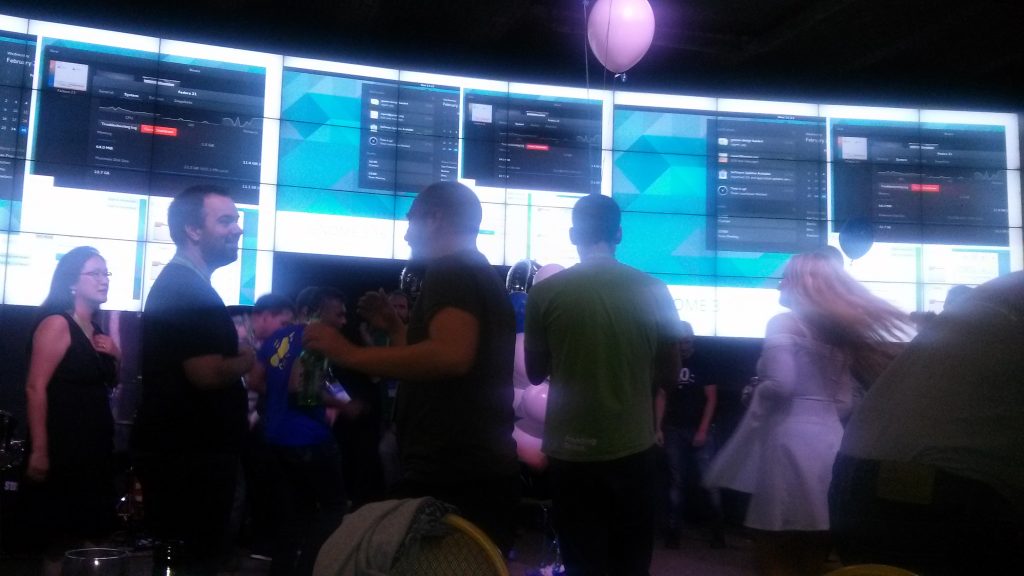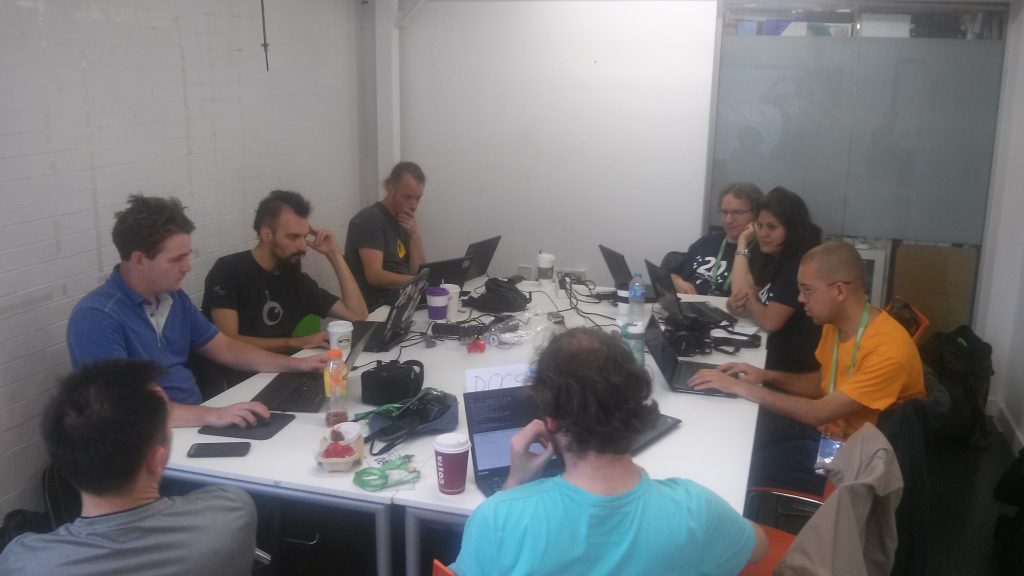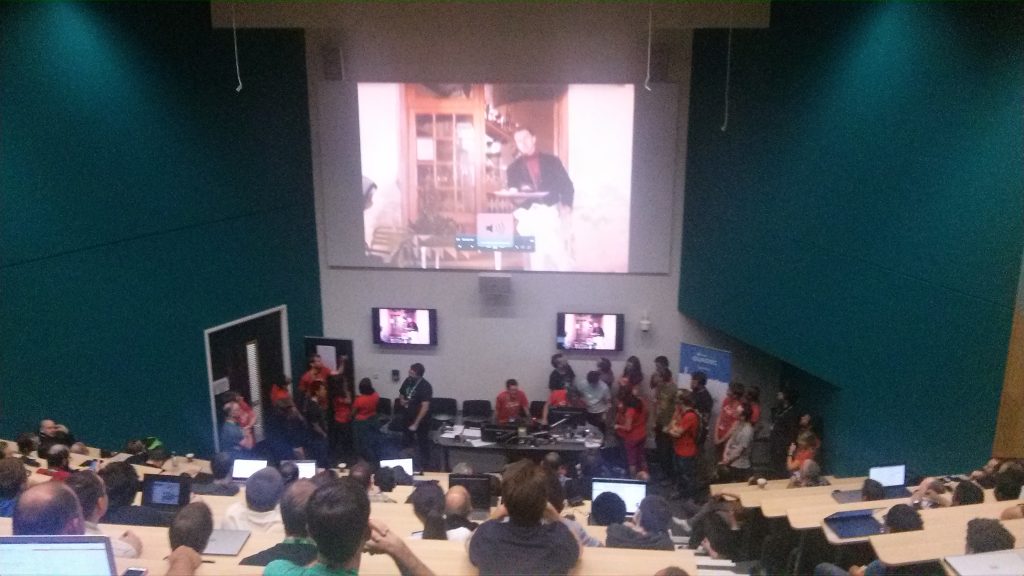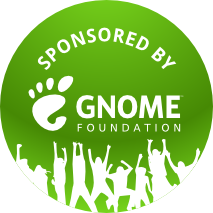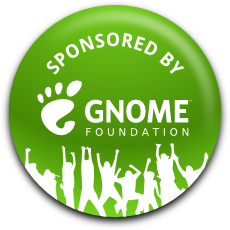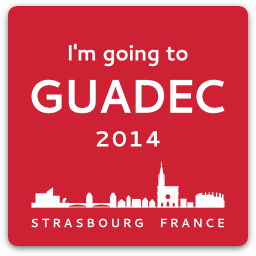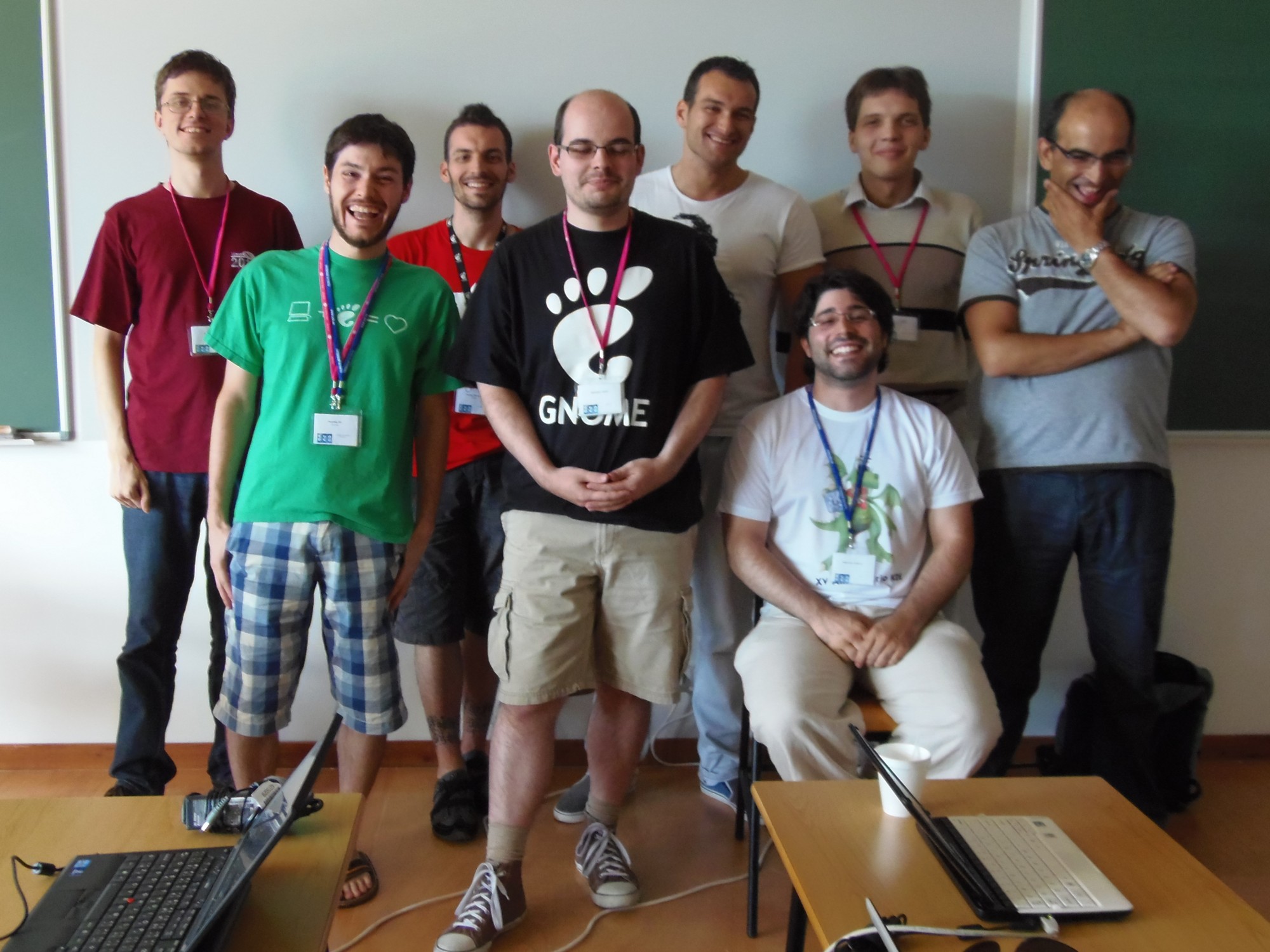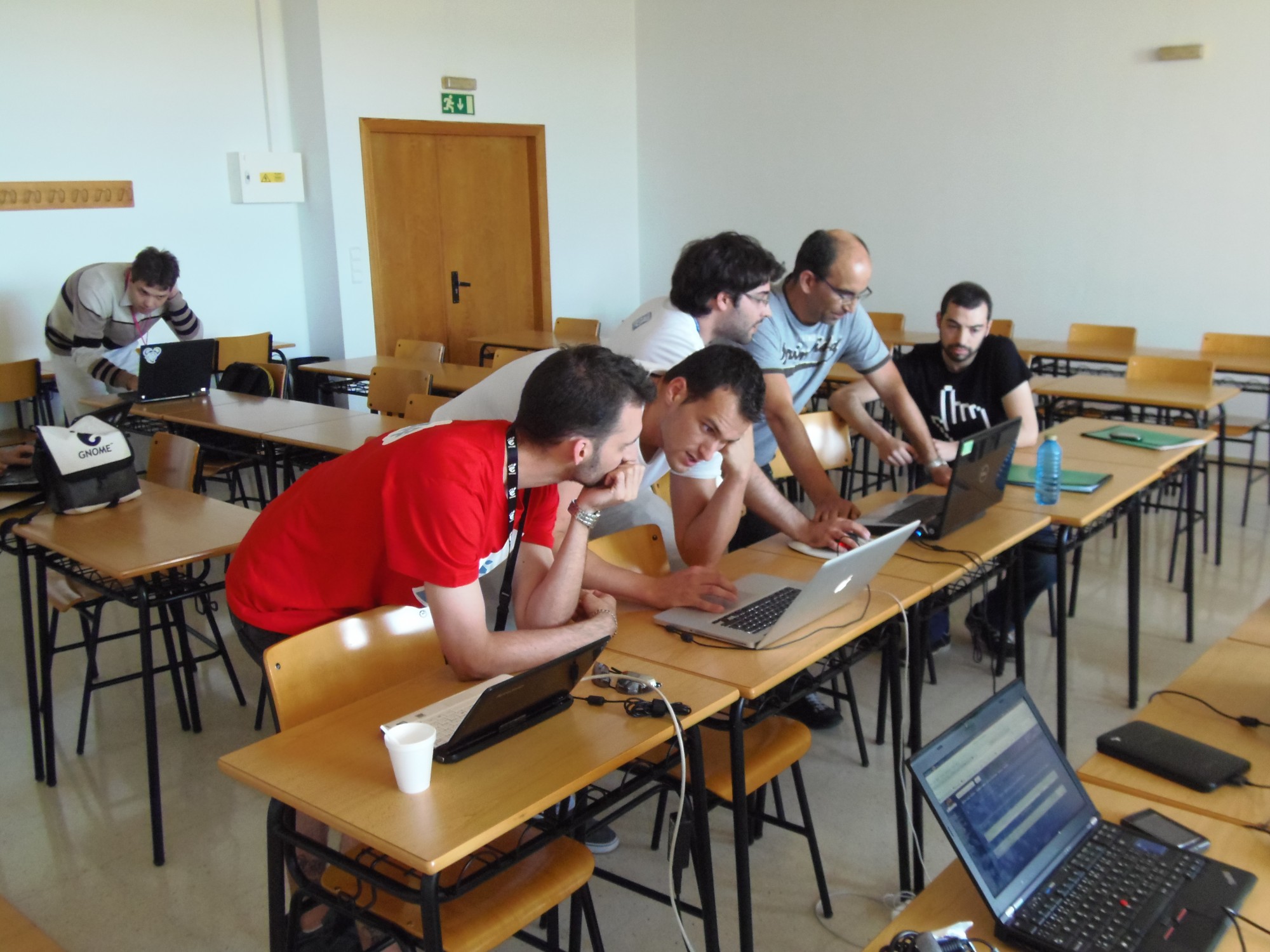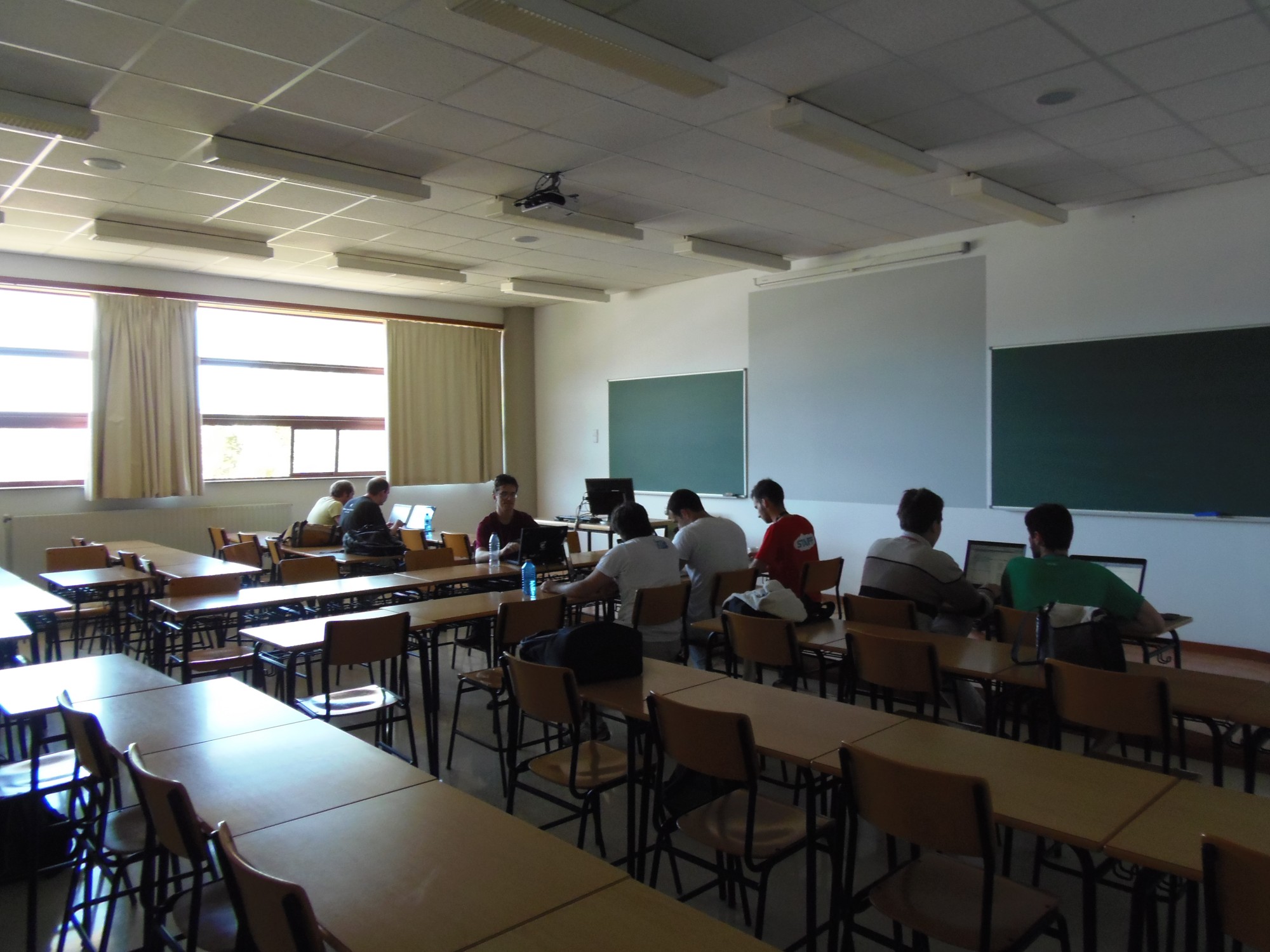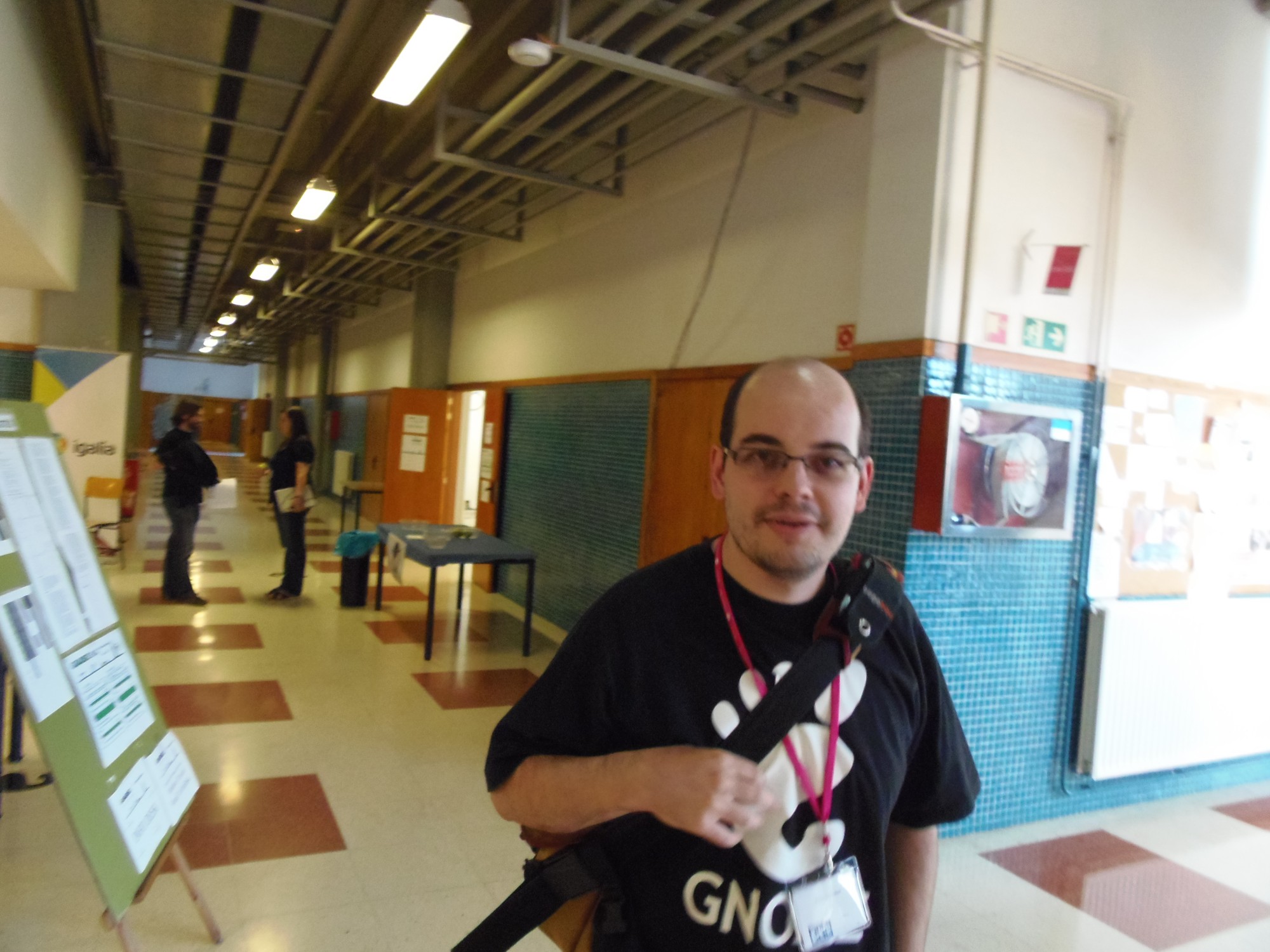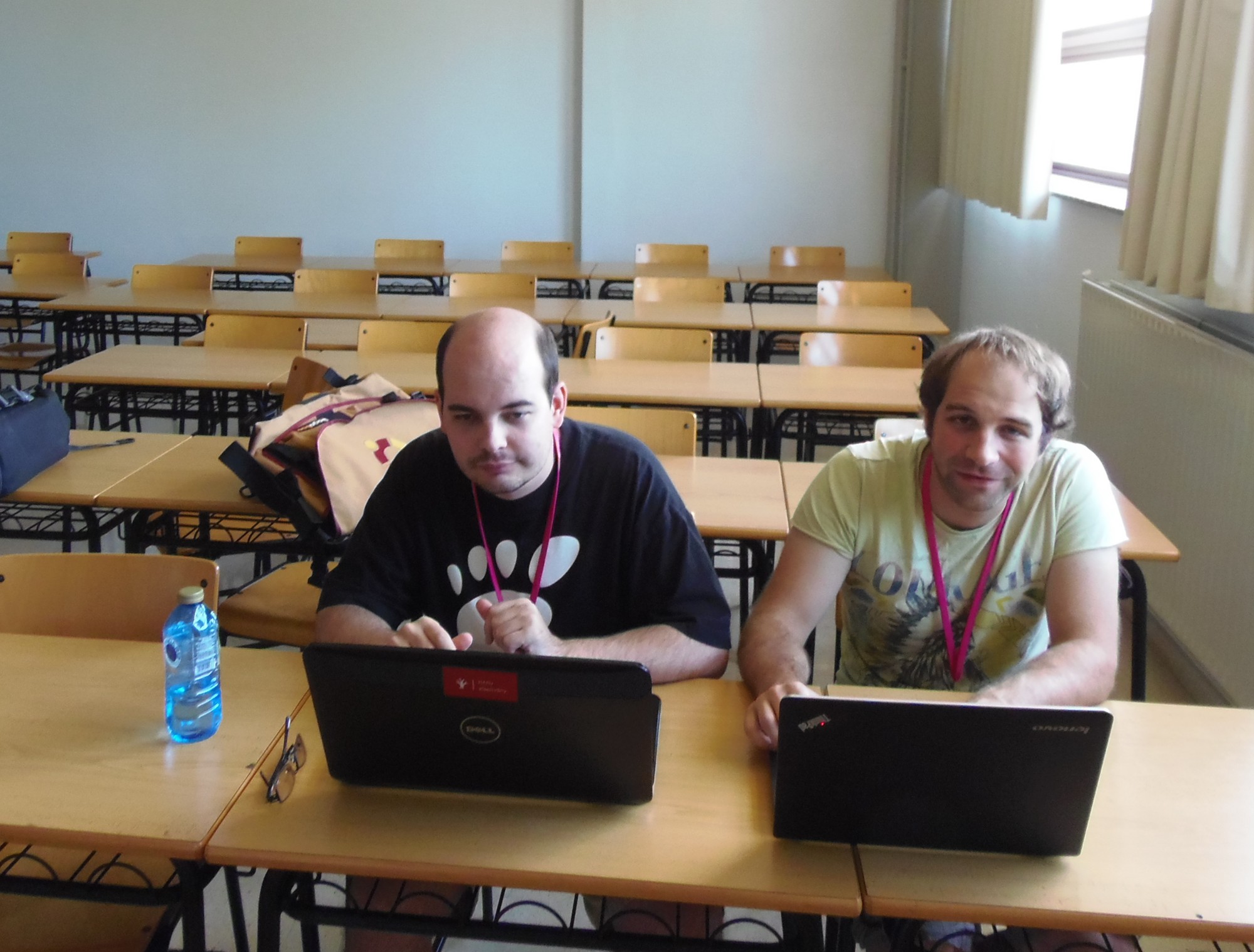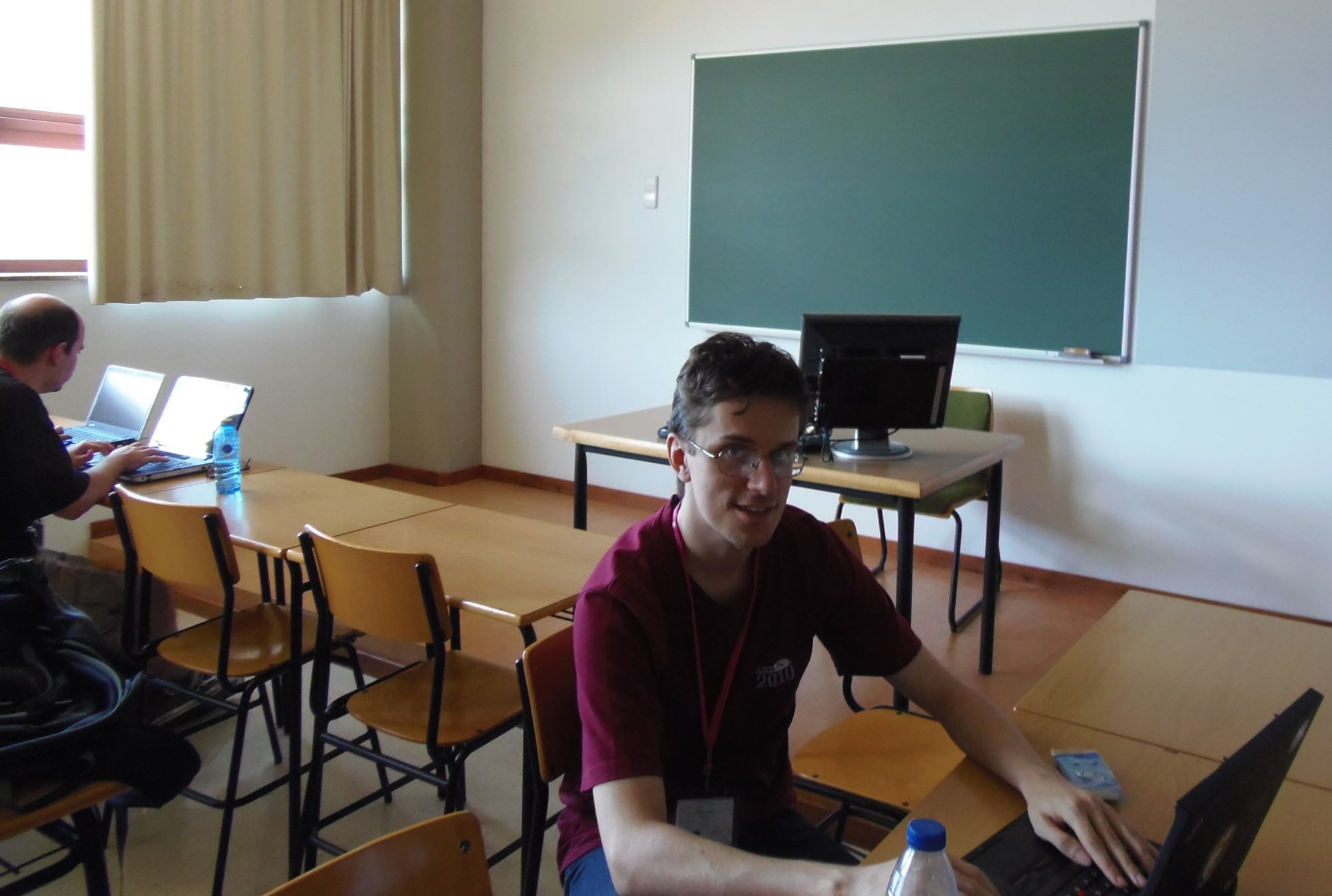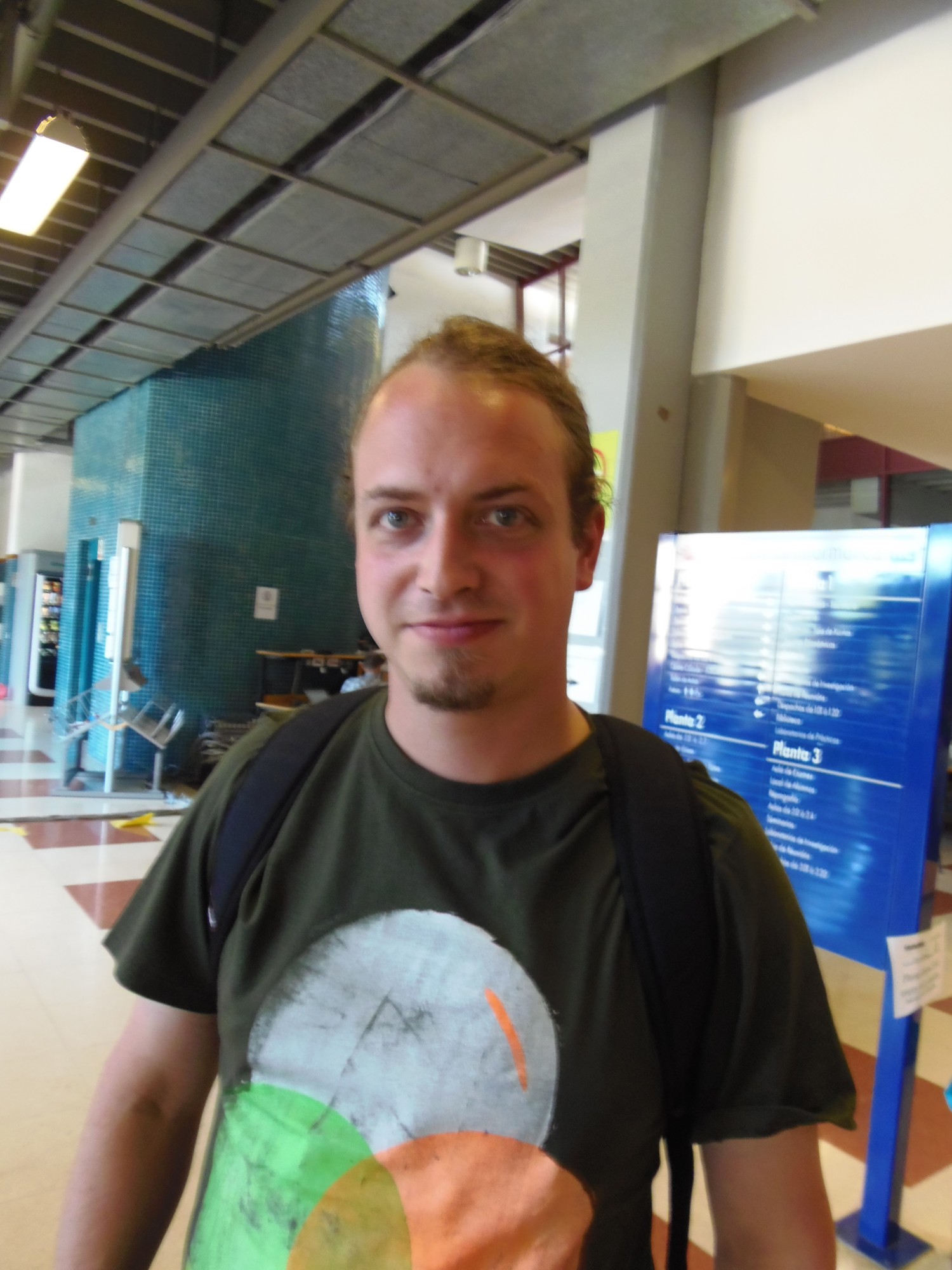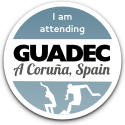Back from GUADEC, held in the beautiful Andalusian city of Almería, Spain, from 6th July through 11th July, 2018, I wanted to share a few notes wrt documentation and localization activities at the conference and during the traditional post-conference hacking days.
Mike Hill and Rudolfs Mazurs already blogged about their reflections of GUADEC. I’d add that we had some i18n and L10n-related talks in the schedule (machine translations, input methods), which was a nice improvement in terms of representation from previous years.
The space available for the Birds of a Feather sessions this year was rather limited, so we could only secure an afternoon slot (thanks Kat!) for our docs+translators meetup. We were joined for a while by a group of local documentation writers creating Spanish manuals for the local market. After that, we focused on two main areas.
One was related to the recent migration of GNOME projects to GitLab and involved looking into usability of our wiki docs for contributors and, specifically, newcomers. We found quite a few outdated references to git.gnome.org, Bugzilla and the like, with the biggest issue, however, being the suboptimal overall structure of the contributor guides on the wiki. We also looked into how to improve submitting user feedback and switching languages for the users of help.gnome.org (and yelp).
The other area discussed was making our CI checks for GNOME documentation modules much more robust, with the idea of using the GitLab CI integration to its full potential with tests verifying translations and more.
You can find all notes from the meetup in our Etherpad.
There was also some continued discussion on reworking the GNOME developer center, but I couldn’t take part in its final installment on Wednesday, as I was already flying out.
I’d like to thank the GNOME Foundation for their continued support in funding my travel.
